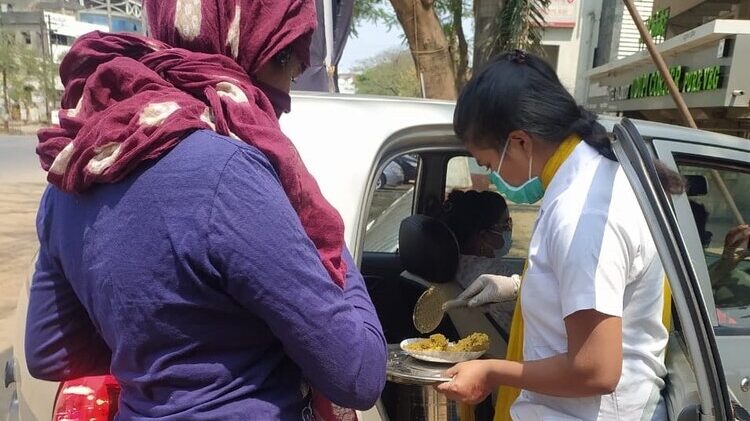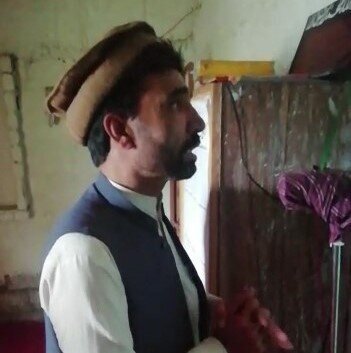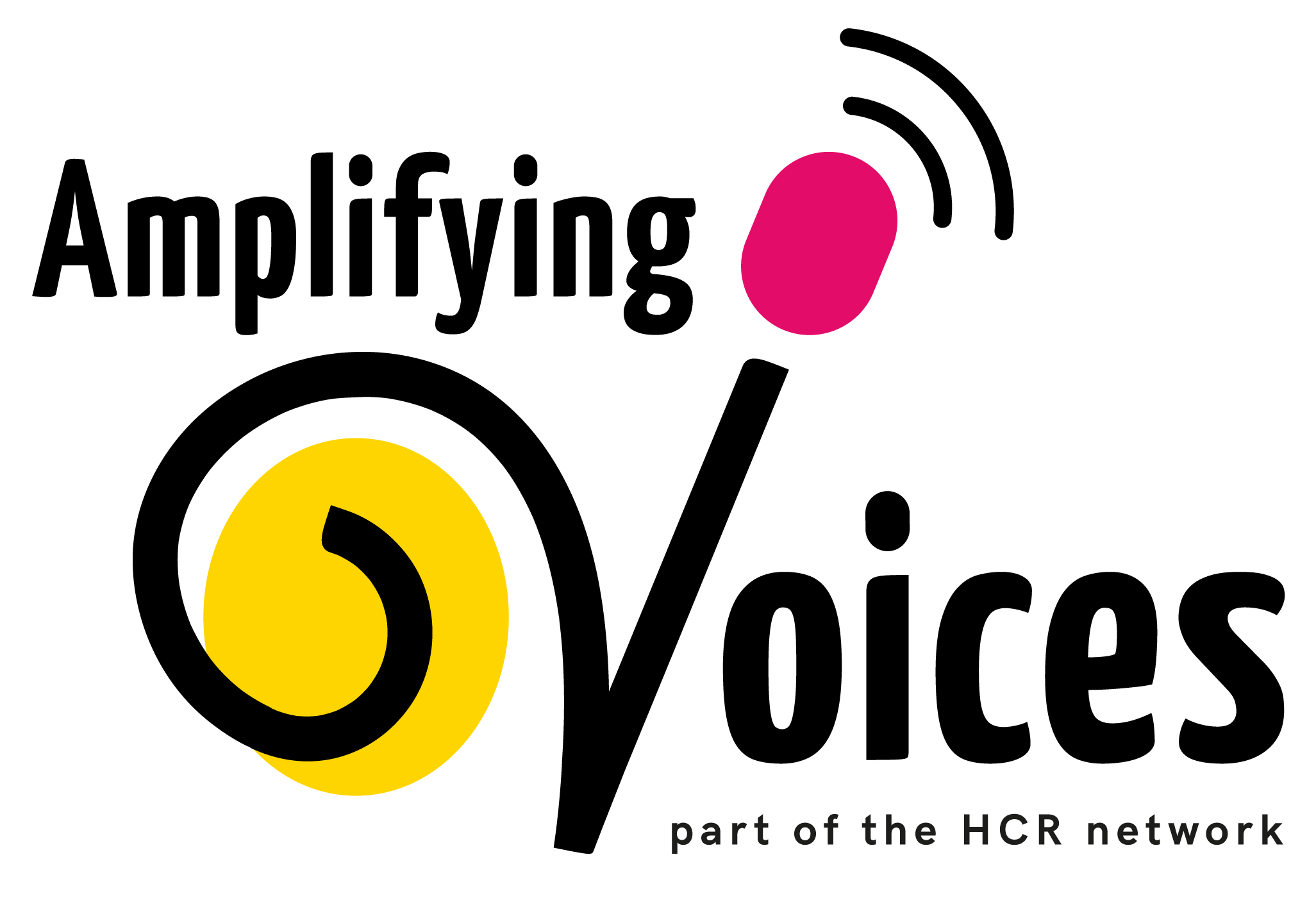
Responding to Covid-19
Countries around the world are struggling with the Covid-19 pandemic. HCR and our partners are continuing to reach out to local communities to respond to this crisis. Our partners are engaging with individuals, families and communities around Covid-19, ensuring they receive clear and accurate health information and practical support that will save lives and give hope to people in these challenging times.
People across the world are finding it difficult to practice social distancing from their families, friends and neighbours, and it can feel wrong and even disrespectful to many. It is a real challenge to change our everyday behaviour to help protect each other. Our partners are finding creative ways to encourage people to do things differently, practice good hygiene and still relate compassionately and safely with others.
India
Seva Social Welfare, HCR’s partner in India, is responding to immediate need in practical ways by running foodbanks and taking food into hospitals. They are finding people with cough symptoms and limited access to information, who don’t know about Coronavirus. This makes it difficult to practice physical distancing. The team are taking precautions with face masks and gloves as they serve people and they pass on the health advice.
Pakistan
Naway Saher near Charsadda in Pakistan is creating audio and visual messaging from their homes, and distributing them via WhatsApp and Facebook to support people in the remote village where they live. It is proving really important for the people providing health advice to work closely with religious leaders. HCR Pakistan also asks us to remember minority communities living in slums where social distancing and good hygiene is difficult to achieve.

Health worker giving advice from mosque microphone
Australia
HCR Australia is actively working with local services to communicate the importance of social distancing. For remote communities in Australia, hospital facilities can be hours away and travel is becoming increasingly restricted. HCR Australia is helping community leaders in remote communities to respond to this new reality and help protect the people who rely on them. Like other countries, Australia has seen a spike in domestic violence as a result of the lockdown being put in place and HCR Australia is working closely with a project to reach out and help victims of abuse.
South Sudanese refugee settlements
The Soot Semee team in Northern Uganda is using music and song to communicate key health messages and ways of staying safe from the coronavirus within the refugee camps and the local communities. The podcasts provide vital news and information updates to help people counter rumours. When the team distributes podcasts on memory cards, they keep and promote distancing rules – people in listener groups have had to change their listening practices to keep physically distance from each other. Soot Semee are also distributing hand sanitiser, gloves and masks for local volunteers working in the communities.

Kenya
In Kenya there is significant fear across the country and people are doing what they can to protect themselves. The Amani FM team are helping to address this fear by creating radio programmes to provide clear health information and promote cooperation between the different communities.
All of us, partners and HCR staff, are finding it a real challenge to adapt our community-centred approach for this time. Our main way of working is to engage with community members by going and listening to people in the midst of their challenges and successes. We are learning how to be ‘present’ with the communities we serve, while still observing the distancing precautions required at this time.
